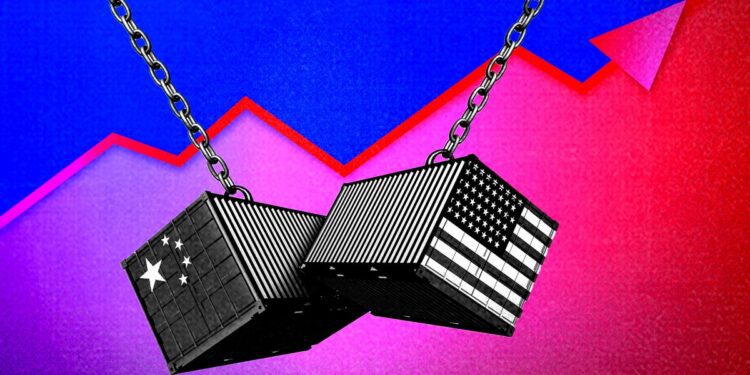Then, the pandemic hit, shutting down the global economy and causing ripple effects from supply chain issues. The standstill called attention to countries’ dependence on each other for trade. For instance, China’s decision to halt its manufacturing sector for a prolonged period aggravated US inflation.
This year, rising geopolitical tensions in the Middle East caused friction for shipping routes in the Red Sea.
That progression explains why protectionist policies are on the rise across the globe. A July report from SociĂ©tĂ© GĂ©nĂ©rale by Manish Kabra, head of US equity strategy, referred to the global reshoring trend, which brings outsourced manufacturing back to a country’s border, as part of a changing world order. He says it’s happening for many reasons, including limiting geopolitical risks, implementing climate initiatives, and securing supply chains.
The reshoring move is part of a multi-strategy initiative that includes near-shoring, which is the process of trading with closer countries, and friend-shoring, which is trading with allies, Kabra added.
He believes that the rise of the US trade deficit over the past year will likely make it a key issue for both political parties. In July, the US trade deficit rose by $5.8 billion from the previous month to $78.8 billion, according to the US Bureau of Economic Analysis. It marks the widest deficit gap since June 2022.
Although the Trump administration has traditionally been linked to trade wars and more protectionist measures, Biden’s administration maintained the Chinese tariffs. It even announced additional tariffs worth $18 billion on Chinese goods like semiconductors and electric vehicles, according to the Tax Foundation.
And yes, US reshoring initiatives may be bad for some parts of the economy but have many positive effects on others. It will create more manufacturing jobs and boost demand for domestic companies with in the logistics and supply chain process.
A September 19 research note from Bank of America suggests that this shift is set to benefit domestic small- and mid-cap stocks most. They say that so far, early beneficiaries have started to see demand increase, and others are expected to see tailwinds in the next few years.
The note, led by equity and quant strategist Jill Carey Hall, adds that over the past year, spending on construction to build manufacturing facilities is up by 19% as of June.
Listed below are nine buy-rated stocks in sectors spanning industrials, REITs, steel companies, semiconductors, IT hardware, and healthcare that Bof A expects will see an uptick in demand for products and services.
Source link : http://www.bing.com/news/apiclick.aspx?ref=FexRss&aid=&tid=66eebc5bd26b4370900d0360ed0eb5ef&url=https%3A%2F%2Fwww.businessinsider.com%2Freshoring-stock-picks-to-buy-made-usa-manufacturing-boom-bofa-2024-9&c=15114394449757660601&mkt=en-us
Author :
Publish date : 2024-09-21 00:59:00
Copyright for syndicated content belongs to the linked Source.












